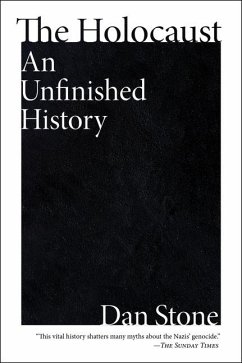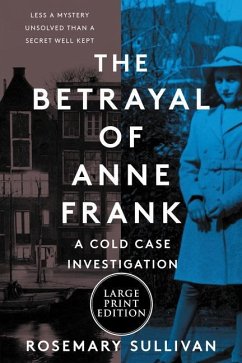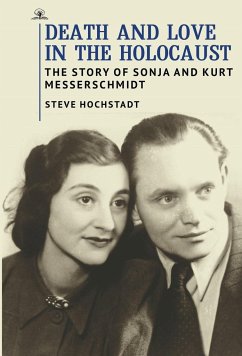
Swords of the Vatican
Reflections of a Witness to Evil.
Versandkostenfrei!
Versandfertig in 1-2 Wochen
16,99 €
inkl. MwSt.

PAYBACK Punkte
8 °P sammeln!
"You asked me what compels me to speak up? A peculiar thing: my conscience." Victor Hugo The Catholic Church's desire to control its faithful received a significant boost when, sometime during the Dark Ages, it started to experiment with the concept of confession. By the beginning of the next millennium it was fully in place. The Catholics were ordered to confess their sins to their priests and in return they would receive forgiveness and absolution for their misdeeds. The history of the Catholic Church, from that point on, is replete with acts of inhumanity towards humankind. We see a steady ...
"You asked me what compels me to speak up? A peculiar thing: my conscience." Victor Hugo The Catholic Church's desire to control its faithful received a significant boost when, sometime during the Dark Ages, it started to experiment with the concept of confession. By the beginning of the next millennium it was fully in place. The Catholics were ordered to confess their sins to their priests and in return they would receive forgiveness and absolution for their misdeeds. The history of the Catholic Church, from that point on, is replete with acts of inhumanity towards humankind. We see a steady erosion of conscience. the Crusades and the Inquisitions were populated by criminals, perverts, misfits, corrupt officials, and individuals of questionable character-all having received papal blessings. Should we conclude that the hierarchy of the church was of similar mind with the sense of guilt having all but been eliminated from their moral compass? Did the vacuum contribute to the fact that the greatest acts of raw inhumanity were commited by Christians, who used confessions to smother their conscience and their sense of decency? This vacuum of morality could not have been more apparent than during the Second World War when criminals were lauded for their murderous actions and their status elevated to the summit of society. The signals from the pulpits could not have been clearer than when a priest, Father Srecko, exhorted his flock to: "Kill all Serbs and when you have finished come here to the Church and I will confess you and free you from sin." In his district aone, 5,600 Christian Orthodox Serbs lost their lives the next day. The Catholic Church, once again, interfered in man's instincts and his natural responses. Eraldo Banovac, a prominent Croat scientist and intellectual, must have understood that the antidote to cruelty were scruples when he wrote "man cannot suffer more than from a guilty conscience." Was this a comment on the genocide his co-patriots committed on their neighbors only two generations earlier?














